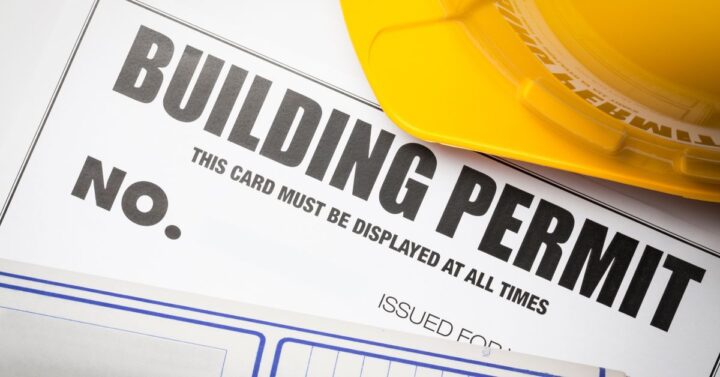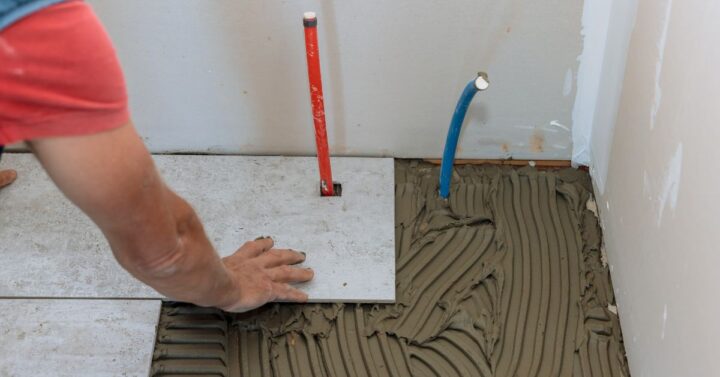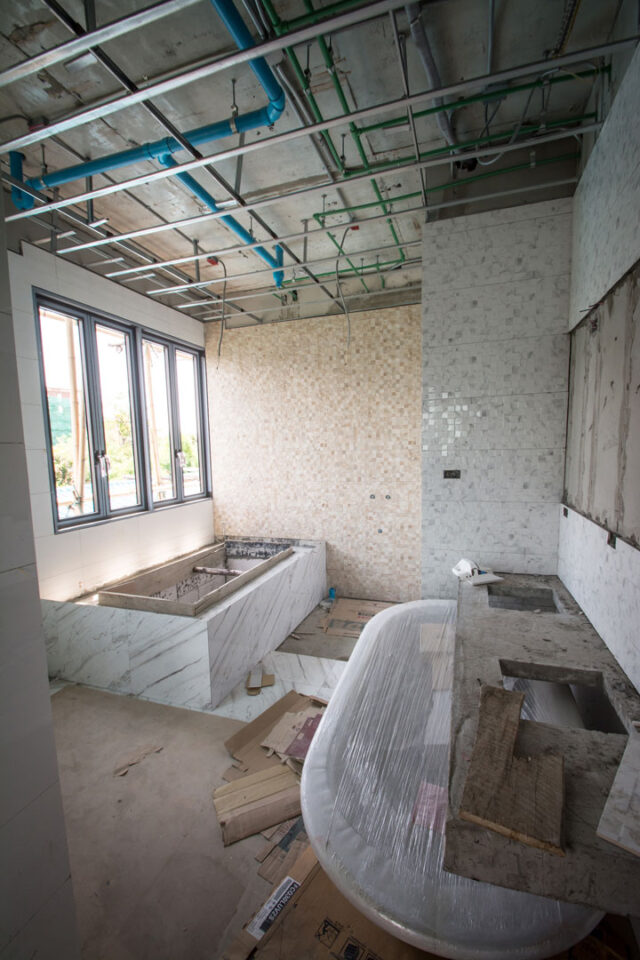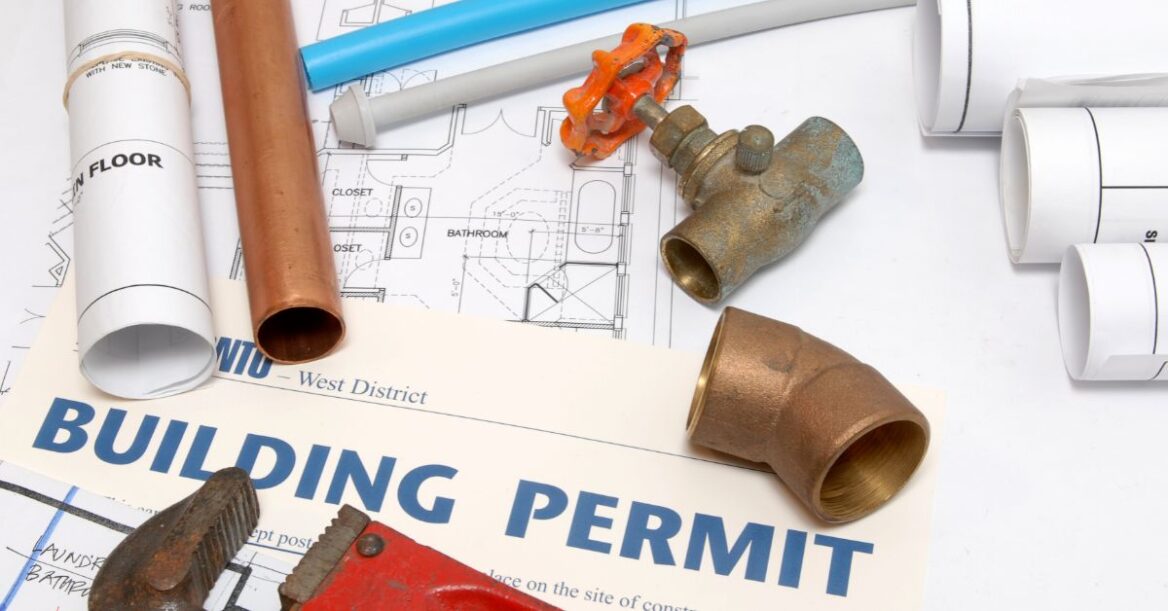Renovating a bathroom is an exciting project that can transform a home, but the question of council approval often looms large for homeowners in New South Wales (NSW).
Understanding the rules and regulations around this is crucial to ensure your project proceeds smoothly without legal hitches.
This guide dives deep into when council approval is necessary, what factors influence this requirement, and how to handle the process effectively.
Introduction to Bathroom Renovation Regulations in NSW
Renovating a bathroom in NSW involves navigating a maze of regulations. The good news? Not every renovation requires council approval.
However, understanding which projects do and don’t can save time and money while keeping your plans compliant with the law.

Why Understanding Regulations Matters
Imagine starting a renovation only to hit a brick wall-literally and figuratively-because of unapproved work.
Understanding regulations not only keeps you compliant but also prevents costly fines and future complications with property sales or insurance claims.
Overview of Council Approval Requirements
In NSW, council approval is generally required for renovations that alter structural elements, plumbing, or electrical systems.
However, smaller updates like retiling or replacing fixtures often don’t need such approvals. The determining factor is whether the work impacts the integrity or compliance of the property.
What Is Council Approval and Why Is It Important?
Council approval is the green light from local authorities to proceed with specific building or renovation projects. It ensures that the planned work adheres to legal and safety standards.

Definition of Council Approval
Simply put, council approval is official permission granted by your local council to carry out construction or renovation work.
It ensures that your project complies with local building codes, zoning laws, and safety standards.
The Role of Council Approval in Renovation Projects
Think of council approval as a quality checkpoint. It protects homeowners, neighbours, and the wider community by ensuring that renovations are safe and align with urban planning guidelines.
Without it, you risk running afoul of regulations, which can lead to penalties.
Legal Implications of Non-Compliance
Skipping council approval can land you in hot water. Non-compliance may result in fines, legal action, or even orders to undo the renovation work.
Additionally, it can create issues when selling the property, as unapproved work often deters buyers.
When Do You Need Council Approval for a Bathroom Renovation?
Not all bathroom renovations are created equal. Some require council approval due to their scope or impact on the property, while others are exempt.

Structural Changes That Trigger Approval
Altering load-bearing walls or making other structural changes? You’ll need council approval. Structural work affects the safety and integrity of your home, making it a prime concern for authorities.
Plumbing and Electrical Modifications
Planning to move plumbing fixtures or rewire electrical outlets? Approval is usually required. These changes must adhere to strict codes to avoid potential hazards.
Renovations in Heritage-Listed Properties
If your property is heritage-listed, even minor changes might require council consent. Heritage properties have additional restrictions to preserve their historical value and character.
Other Scenarios Requiring Approval
Building a new bathroom or expanding an existing one? Approval is often needed, especially if it involves increasing the footprint of the property or connecting to new water and sewer systems.
When Is Council Approval Not Necessary?
Thankfully, not every tweak to your bathroom needs a stamp of approval. Minor updates often fall under exempt development.

Cosmetic Updates and Minor Repairs
Changing taps, retiling, or repainting? These updates are typically exempt from approval since they don’t affect the property’s structure or compliance.
Replacing Fixtures Without Layout Changes
Swapping out a bathtub for a modern one or installing a new vanity in the same location doesn’t usually require approval. These are considered non-invasive changes.
Compliance With Existing Standards
Any work that adheres to existing building codes and doesn’t alter major systems can usually proceed without council involvement. Always check with a professional to be sure.
Factors Influencing Approval Requirements
The need for approval isn’t one-size-fits-all. Various factors play a role in determining whether your project needs the council’s nod.
Property Type: Strata vs. Free-Standing Homes
Living in a strata property? You’ll need approval from the owners’ corporation for renovations affecting common property, such as plumbing or waterproofing.
Free-standing homes often have fewer restrictions.

Local Council Regulations
Each council has its own rules. What’s permissible in one area might require approval in another. Always check with your local council before proceeding.
Site-Specific Considerations
Is your property near a waterway or on a steep slope? These factors might necessitate additional approvals due to environmental or safety concerns.
Environmental and Heritage Concerns
Properties in environmentally sensitive zones or heritage areas often have stricter rules. Even small changes may require careful review and approval.
How to Determine Whether You Need Council Approval
Not sure if you need approval? Here’s how to find out.
Consulting With Your Local Council
Reach out to your local council for guidance. They can provide specific advice based on your project’s details and location.
Reviewing NSW Building Codes and Standards
The NSW government provides resources outlining building codes and standards. Familiarising yourself with these can clarify your project’s requirements.
Seeking Advice From Licensed Professionals
A builder or certifier can assess your plans and inform you of any approval requirements. Their expertise can save time and prevent costly mistakes.

Using Online Tools and Resources
Many councils offer online checklists or tools to help determine if approval is needed. These resources are a good starting point for your research.
Steps to Obtain Council Approval for Bathroom Renovations
If approval is required, the process can seem daunting. Here’s how to approach it step by step.
Preparing a Development Application (DA)
A DA outlines your renovation plans in detail. It includes diagrams, specifications, and any necessary reports, such as structural assessments or environmental impact studies.
Gathering Essential Documentation
Ensure you have all the necessary paperwork, including site plans, project details, and any certifications. Missing documents can delay the approval process.
Submitting Your Application
Submit your DA to the local council and pay any associated fees. Some councils allow online submissions for added convenience.
Understanding Approval Timeframes
Approval timelines vary but typically range from a few weeks to a couple of months. Patience is key as the council reviews your application.
Strata Properties and Bathroom Renovations
Renovating in a strata property introduces unique challenges. Understanding the rules is crucial to avoid conflicts.

Approval Requirements for Strata Renovations
Strata renovations often require approval from the owners’ corporation, especially for work affecting shared structures or systems.
Role of the Owners’ Corporation
The owners’ corporation governs common property and must approve significant renovations. Engaging them early can help streamline the process.
Common By-Laws Affecting Bathroom Renovations
Many strata schemes have bylaws outlining renovation rules. Reviewing these ensures your plans align with property regulations.
Common Mistakes to Avoid When Seeking Approval
Some pitfalls can complicate the approval process. Here’s how to steer clear of them.
Underestimating the Scope of Renovations
Assuming your project doesn’t need approval can backfire. Always verify with professionals or your council.

Ignoring Local Council Regulations
Each council has unique rules. Ignoring them can lead to costly delays or fines.
Failing to Engage Qualified Professionals
DIY approaches might seem appealing, but can overlook critical compliance factors. Professional guidance is invaluable.
Consequences of Not Obtaining Council Approval
Skipping approval can have serious repercussions.
Legal and Financial Penalties
Non-compliance can result in fines or orders to reverse unapproved work. It’s a costly mistake to make.
Issues With Property Insurance
Insurance claims may be denied if unapproved work is involved. This leaves homeowners financially exposed.
Impacts on Property Resale Value
Unapproved renovations can deter buyers or reduce your property’s value. Compliance ensures your home’s marketability.
Tips for a Smooth Renovation Approval Process
Streamline the approval process with these practical tips.
Planning Ahead to Avoid Delays
Starting early and gathering all required documentation can prevent hiccups.
Maintaining Open Communication With Authorities
Keeping the council informed and responding promptly to queries helps move the process along.
Engaging Experienced Renovation Specialists
Professionals familiar with the approval process can handle the heavy lifting, ensuring compliance and saving time.
FAQs About Bathroom Renovation Approvals in NSW
Common questions homeowners ask about renovation approvals include:

Do All Bathroom Renovations Require Council Approval?
No, many minor updates like retiling or replacing fixtures don’t need approval. Structural or system changes typically do.
How Long Does the Approval Process Take?
Approval times vary but generally take several weeks. Complex projects may require longer reviews.
Can I Start Renovating Without Approval?
It’s not recommended. Starting without approval can lead to fines, delays, or legal issues.
What Are the Costs Associated With Approval?
Costs depend on the scope of work and your council’s fee structure. Check with your local council for specific details.
Conclusion
Bathroom renovations in NSW can be straightforward with the right preparation.
Understanding when council approval is needed, consulting professionals, and adhering to local regulations ensures a hassle-free experience.
By planning wisely, you’ll turn your dream bathroom into a reality without unnecessary stress.





